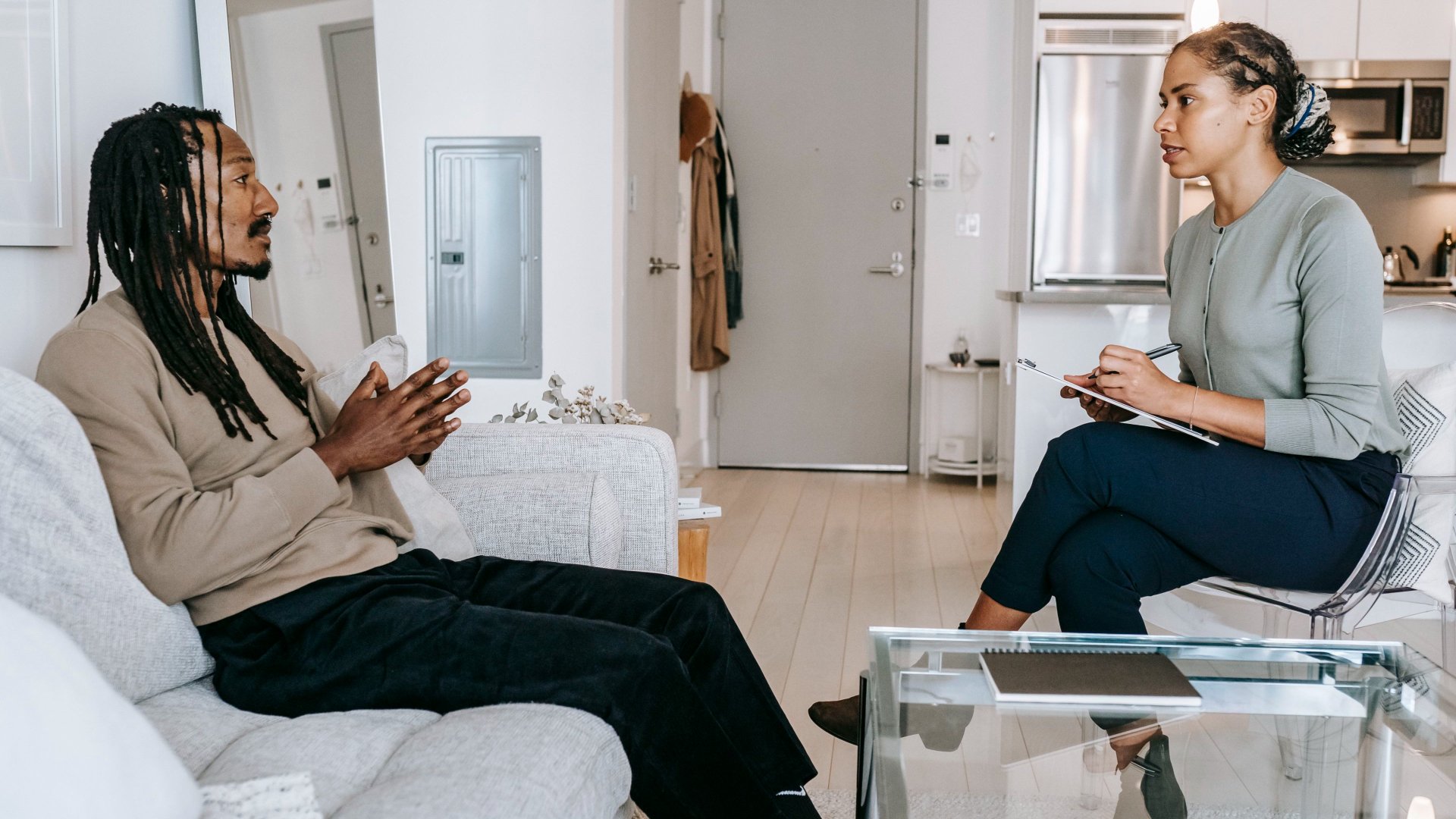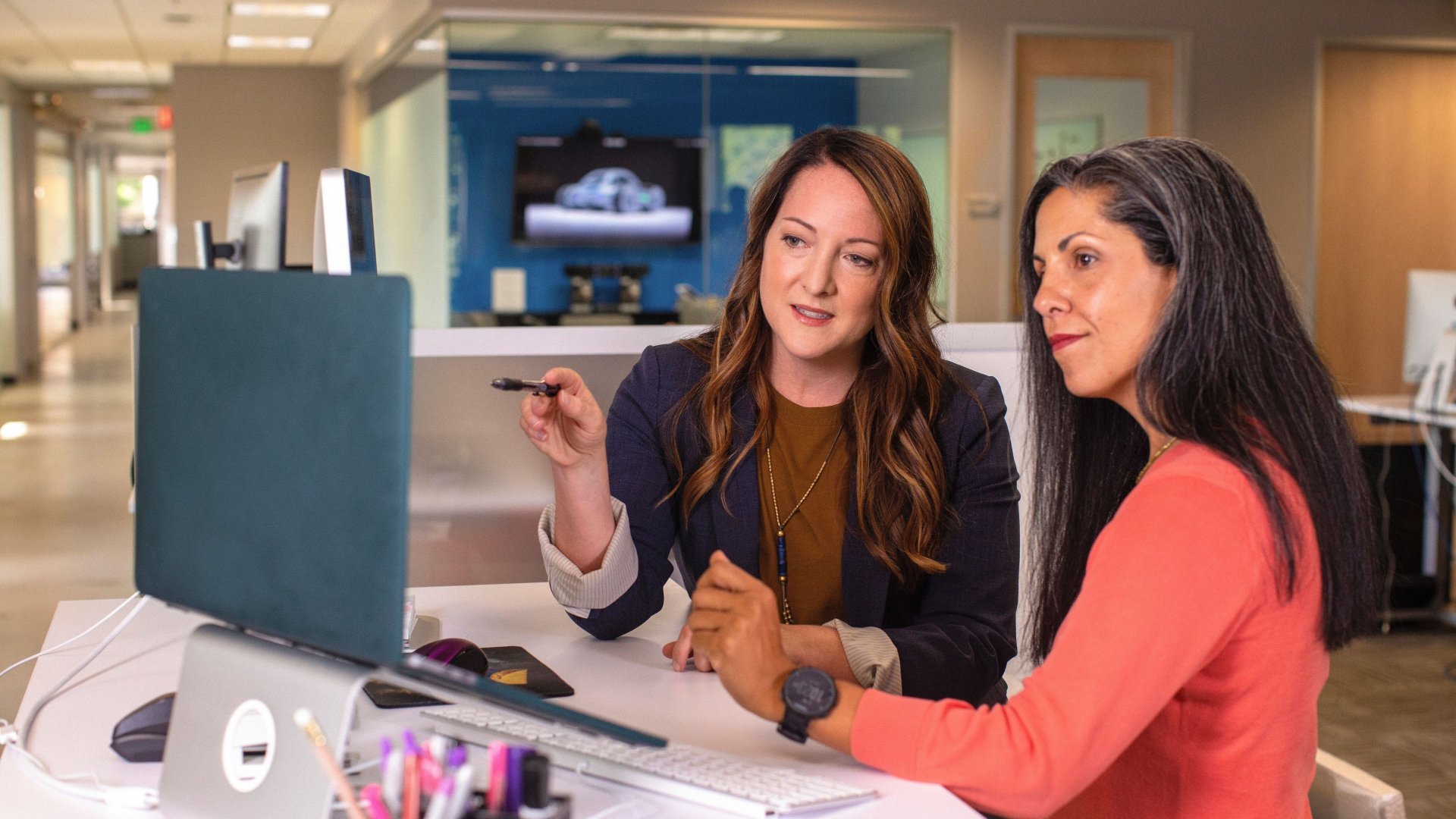With an increased focus on self-responsibility, most organizations expect their employees to make decisions. Consequently, decisiveness is a key competence for those in leadership positions and beyond.
Decisiveness is different to decision making. Decision making is the ability to make quick, confident, and effective decisions. Decisiveness is the willingness to make the decision. High quality decisions require both decision-making skills and decisiveness.
So, What Gets in the Way of our Willingness?
The willingness to make decisions is closely linked to our personality type and thinking style. When you better understand how you behave in different decision-making situations, you can start to work on your strong and weak points.
Based on the principles of Myers-Briggs in the MBTI, our decision making style can fall into four preferences. Each preference has its own obstacles.
Analytical
Analytical people are likely to say, ‘Have we thought of everything? ‘Do we have all the information?’ or ‘I need to think about it’.
They will be reluctant to decide until they are sure that all of the information has been logically analysed and considered. They are happier when a structured process has been followed.
Driver
Drivers are likely to say, ‘Just do this,’ ‘I don’t care what you do just make a decision,’ or ‘Let me know when you have made a decision’ (while I get on with more important things).
They are confident to make practical and quick decisions in ambiguous situations based on common sense, experience, and the facts they can see and know right now. If the situation requires more long range analysis, they will leave that to others but will be impatient and push them to make a decision.
Team Player
Team Players are likely to ask, ‘What will others feel about it?’
They will always consider their personal values and the impact of the decision on people. They may be happy to go along with the group consensus and will rarely criticise the opinions of others. When left to themselves they will be reluctant to make an unpopular decision.
Intuitor
An Intuitor will ask ‘What if we did this?’ or say ‘We could do this’
An Intuitor will focus on an objective and produce a lot of ideas of their own as well as build on the ideas of others to achieve it. They will find in depth analysis of ideas frustrating. Rather than make a firm decision they will prefer to experiment and try things until they find a solution that works.
Ask yourself, which type seems most like me? Is there another type that could be a backup? Do I change my style if I am under pressure?
The Ideal Team for Decision Making
In an ideal world we would have a decision-making team including all four types but unfortunately, we don’t often have that luxury. Usually, we are on our own and feeling pretty stressed. This is when we need to take the time to ask ourselves the questions others would.
Our Analytical partner would ask, Is there a logical conclusion? Can we list the pros and cons of each option? Do we know what the costs of each option are? Can we prioritise options?
A Driver would ask, What do we know about the situation? What are the facts? Do we have all the facts? What have we done so far and what were the results? What do we need to accomplish next?
Our Team Player would ask, Do these answers support or violate our values? How will people (ours, customers, vendors) react to the outcome? Who will commit to putting in the sacrifice needed to accomplish these goals?
And an Intuitor would ask, Where are we trying to go? What should the end results be? Have we considered multiple possibilities? What does the data seem to imply?
Conclusion
Having answered our imaginary team, we will be better placed to have the willingness to make that decision and the confidence to stand by it.







